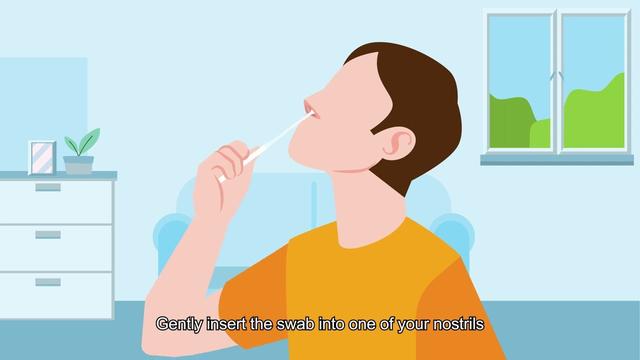South Africa is preparing to put into place permanent rules for coronavirus self-isolation – for those who live alone or have a bathroom attached to their bedroom.
That will also apply to foreign visitors, as long as they make a written application to avoid state quarantine facilities three days before arriving in South Africa.
The department of health this week kicked off a 30-day comment period on draft regulations it says are intended to manage the pandemic after the now two-year-old national state of disaster on the coronavirus is dropped.
That state of disaster provides the legal authority under which cabinet ministers have ruled by decree, and issued rules on everything from wearing masks to occasionally banning alcohol.
Health minister Joe Phaahla intends to update long-standing rules on notifiable diseases to effectively recreate some of the pandemic rules without the need for the state of disaster to be further extended.

That includes rules for what was once called quarantine, then referred to as isolation, though the effect remained much the same.
See also | SA’s new Covid-19 rules scrap ‘quarantine’ – but you can still be locked up if you are coughing
Under the new rules, self-isolation will be available to those who either have access to online shopping with contactless delivery, or who can show they "have the support of friend[s] and family who may facilitate the drop-off of food and medicine at the gate."
They must also "have access to the internet and a phone that allows the daily reporting of symptoms", and a private doctor to call on.
They must also either live alone, or in a home with a "well-ventilated" bedroom that features an en-suite bathroom.
International travellers who enter South Africa will continue to be screened for Covid-19 symptoms, and can avoid being put into a state isolation facility by showing they have access to such facilities – by submitting documents 72 hours before their arrival at South Africa's borders.
"All unvaccinated travellers will be offered vaccinations," the draft rules say.
(Compiled by Phillip de Wet)
